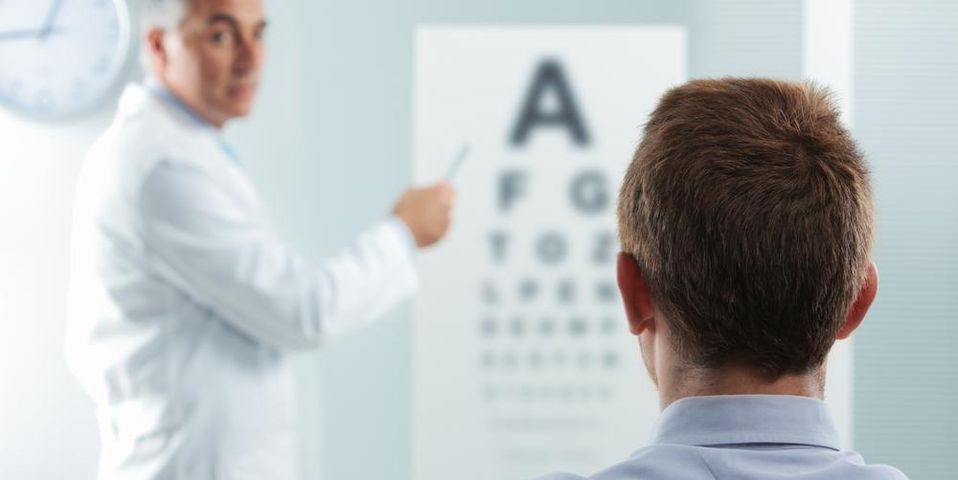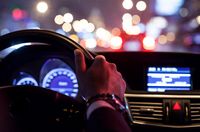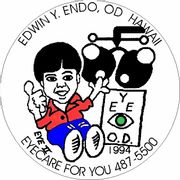Having Trouble Seeing at Night? Hawaiian Optometrist Reveals Why

Vehicles are a necessity for our everyday life. However, if your vision becomes impaired, they can become a danger to yourself and those around you. Many find their eyesight worsening at night, making the commute home from work a potentially dangerous situation. The optometrist at Edwin Y. Endo, OD & Associates, in Aiea, HI, shares why your vision worsens after sundown and how you can correct the problem. Find out why you have trouble seeing at night and what you can do about it.
The Reasons Behind Poor Night Vision
 Rods and cones are two types of cells that work to sense light within your eyes. Rods are responsible for your sight in low light settings. The number of cells in your eyes can decrease over time, especially in those over 40. With fewer rods, your night vision capabilities decrease. Stiffness in your lens, cloudiness from cataracts, or astigmatism can also impair your vision in the dark.
Rods and cones are two types of cells that work to sense light within your eyes. Rods are responsible for your sight in low light settings. The number of cells in your eyes can decrease over time, especially in those over 40. With fewer rods, your night vision capabilities decrease. Stiffness in your lens, cloudiness from cataracts, or astigmatism can also impair your vision in the dark.
Wear Corrective Eyeglasses
One of the most common ways to improve your night vision is to visit your optometrist and get a prescription for eyeglasses or contact lenses. If your eyesight is impaired by astigmatism, nearsightedness, or shortsightedness, this will correct the issue. Consult your eye doctor to discover the best option for you. While everyone can qualify for eyewear, some people can’t tolerate contacts.
Consider Surgery
If cataracts are the reason behind your poor sight, surgery is the only way to remove the cloudiness. Although corrective eye gear can help initially, cataracts often worsen with time. If your eyesight becomes bad enough, it may disable you from driving entirely. Surgery can return your vision and keep you and other drivers safe.
Poor eyesight while driving at night is a common issue. Thankfully, by simply visiting your optometrist, you can usually resolve the problem easily. Whether through glasses or surgery, it’s important to take care of your eyes, so you can stay safe on the road. If you need an exam, visit the professionals at Edwin Y. Endo, OD & Associates in Aiea, HI. For more information, visit the website or call (808) 487-5500.
About the Business
Have a question? Ask the experts!
Send your question

